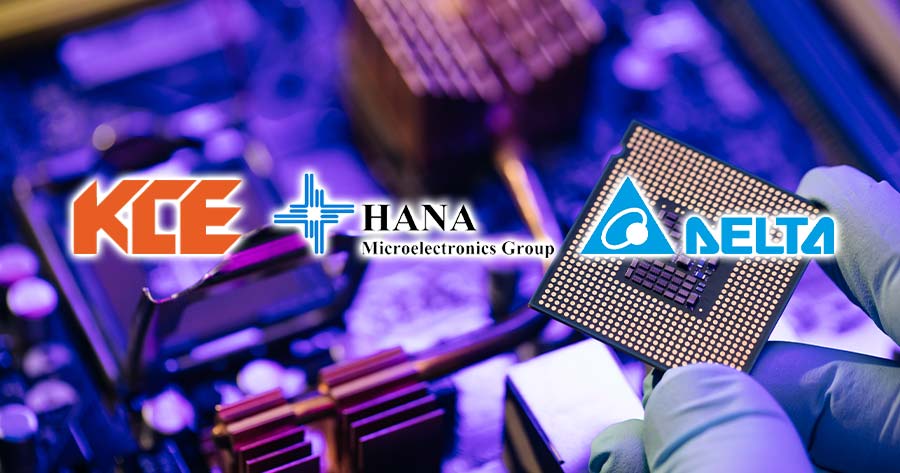As U.S. President Donald Trump announced on Wednesday, the United States is preparing to enact a hefty 100% tariff on semiconductor chips arriving from overseas manufacturers that lack current or planned American production.
Trump emphasized that the new duties would blanket all imported semiconductors and chip products—except for companies that have either established or pledged to set up U.S.-based operations.
He warned that there will be an accumulation at a later time if those countries go back on their words on not building a base in the U.S. Meanwhile, the extent of the tariff’s reach remains uncertain, with no specifics disclosed about which countries or volumes of chips would face the steep surcharge.
Finansia Syrus Securities (FSS) notes that shares of Thailand’s major electronics exporters are expected to weather the impact of the tariff, with leaders such as Delta Electronics (SET: DELTA), Hana Microelectronics (SET: HANA), and KCE Electronics (SET: KCE) likely to see only modest effects.
DELTA and KCE, which respectively generate about 30% and 21% of their revenue from the U.S. market, do not export semiconductor chips directly and are not expected to face direct fallout from the new tariff measures.
HANA, meanwhile, has more direct exposure as a semiconductor parts manufacturer, but FSS believes any impact will be limited, noting that the company operates a manufacturing facility in Ohio that already accounts for around 7% of its total revenue.
While Trump’s tariff news presents a short-term negative sentiment across the sector, FSS concludes that the true financial impact for Thailand’s major electronics exporters remains minimal.





